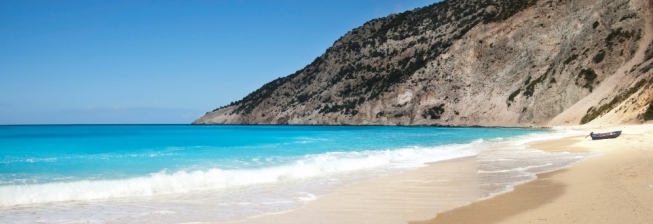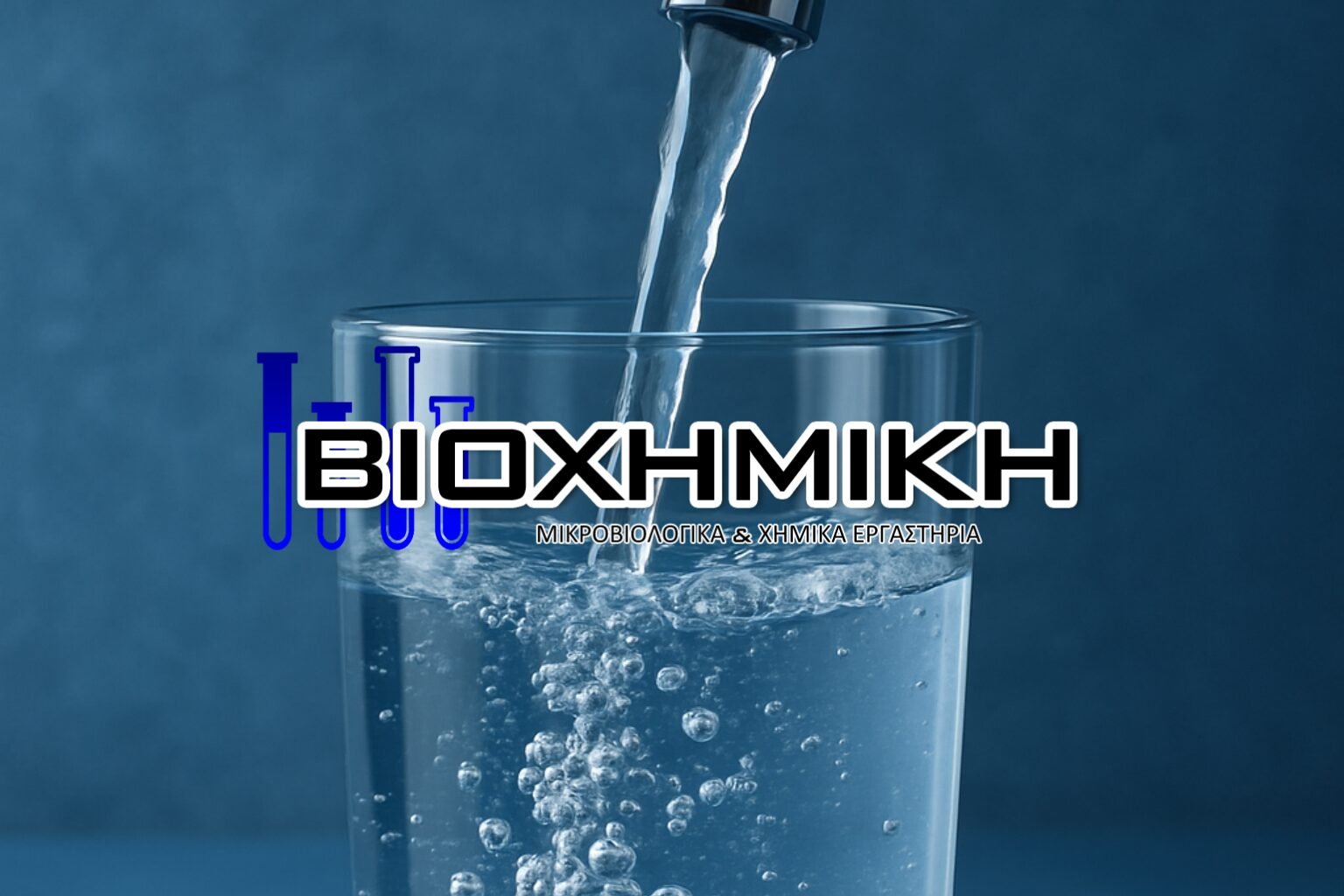PRESS RELEASE
More than 97% of the country’s waters in excellent condition for swimming
The Special Secretariat for Water of the Ministry of Environment and Energy, based on the Joint Ministerial Decision H.P.8600/416/E103/23-2-2009 (B΄ 356) “Quality and management measures of bathing waters, in compliance with the provisions of Directive 2006/7/EC “on the management of bathing water quality and the repeal of Directive 76/160/EEC”, is the competent body for monitoring the quality of the country’s bathing beaches. The data collected, on the basis of the procedure laid down in the abovementioned EIA, shall be submitted to the competent bodies of the European Union and evaluated accordingly.
More than 97% of the bathing waters in Greece are classified as being of excellent bathing water status and the rest as being of good status, and on the basis of these results our country is ranked among the first in the EU.
In addition, the European Environment Agency recently announced that Greece’s waters are among the cleanest in the world. In particular, Greece’s waters are clean and safe for swimming. With over 92% of Greece’s beaches and bathing beaches assessed, Greece’s coastline is in the 97.2% of the assessment scale. The European Environment Agency publishes an annual report of its findings and according to the latest report, around 1500 sites in the country were inspected, with 1499 of them judged to be of excellent quality for swimming.
In contrast to the above, a report by PACOE has been published, according to which some beaches are unsuitable for swimming. Apart from the vagueness of this report (laboratories are cited but not named and therefore cannot be verified as to whether they are accredited), the obvious lack of scientific completeness of PACOE in drawing up such reports and the general contradiction of such activity with the procedure established by the standards, we note that taking and analysing random samples in a non-scientific manner clearly raises doubts as to the completeness and correctness of the results, misleads and reduces the quality of the results.
http://www.ypeka.gr/Default.aspx?tabid=785&sni[524]=4380&language=el-GR





